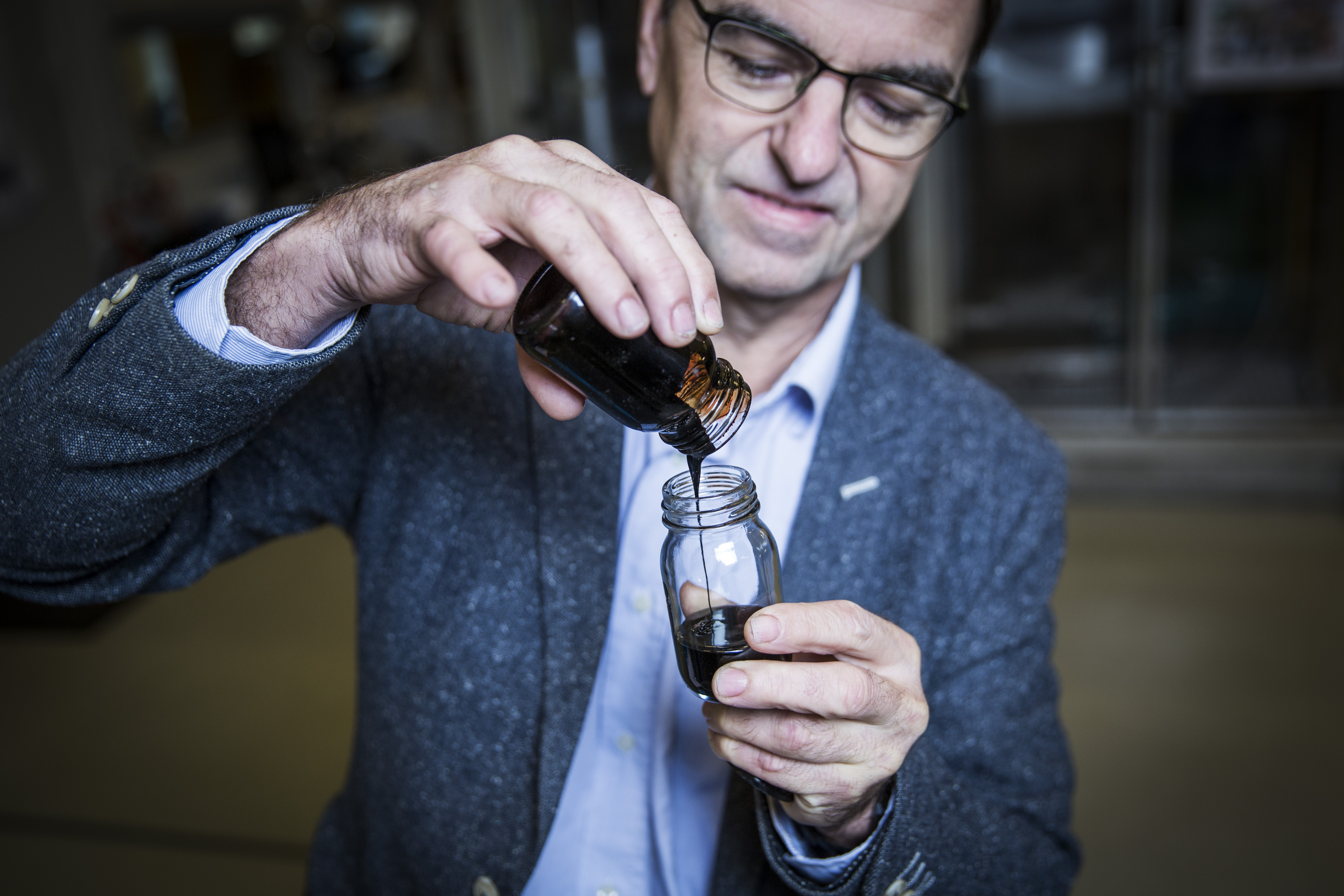Danish engineers at the forefront of advancing biorefinery from theory to practice
A new biorefinery centre will bridge the gap between the laboratory, research and industrial application.

Biobased production of everything from food, fuel and plastic in the future requires new and highly effective processes to become a reality. It is one thing to demonstrate that something works in a laboratory, but quite another to establish sustainable and energy-efficient production. This is the challenge that Aarhus University’s new Centre for Biorefinery Technologies will be addressing when the centre opens in Foulum near Viborg on Tuesday 23 May.
The challenge must be solved via targeted engineering research and by building up a large range of pilot and demonstration processes. Many of these are among the most advanced in the world and therefore comprise a very important platform for research and industrial collaboration. The Department of Engineering at Aarhus University is responsible for the centre, and the plan is to create a considerable number of new, green products that until now have either been imported or extracted from fossil fuels.
“We’re working on creating an integrated biorefinery platform that can lead the way in terms of starting a biobased economy with high-quality sustainable products such as proteins, polymers and new chemical or biological components for industry,” says Ib Johannsen. He is responsible for the centre’s engineering activities in the research and development of production systems and technologies in connection with refining biomass.
Protein production from grass
The new centre has advanced facilities for converting biomass to a long range of industrial products. The processes are developed in close collaboration between researchers and industry, with a view to making them energy-efficient, economical and sustainable. At the same time, the focus is on establishing processes on a scale that makes it possible to directly upgrade them for industry.
An example of a biorefinery technology currently being worked on is the extraction of protein from grass and clover. The protein can be used as an alternative to soya, which is imported in large amounts for European meat production, and can potentially also be included in our own food products in the future.
The protein extraction process will be developed and optimised at the centre’s integrated pilot plant, which is the only one of its kind in Denmark. It also provides protein for the feed experiments that are necessary for assessing the quality of products.
In addition, the centre’s unique ensemble of biorefinery technologies makes it possible to use the cascade value in the sidestream process, such as making upgraded biogas out of juice residue and bio-oil out of fibre pulp.
The Centre for Biorefinery Technologies is a partner in the Centre for Circular Bioeconomy at Aarhus University, which also has its official opening on 23 May (download PDF file in Danish only).
For more information, please contact
Associate Professor and Centre Director Ib Johannsen
